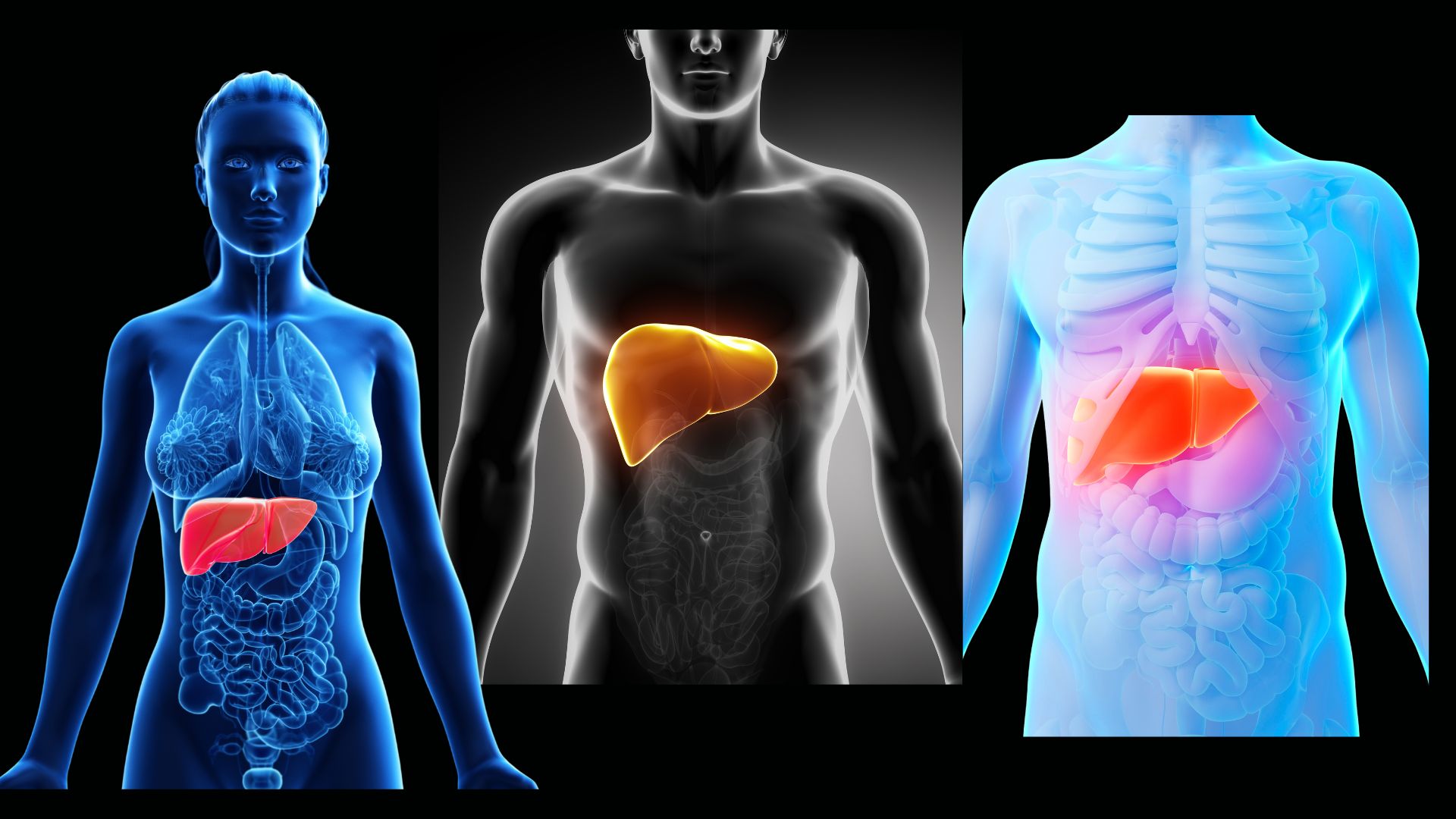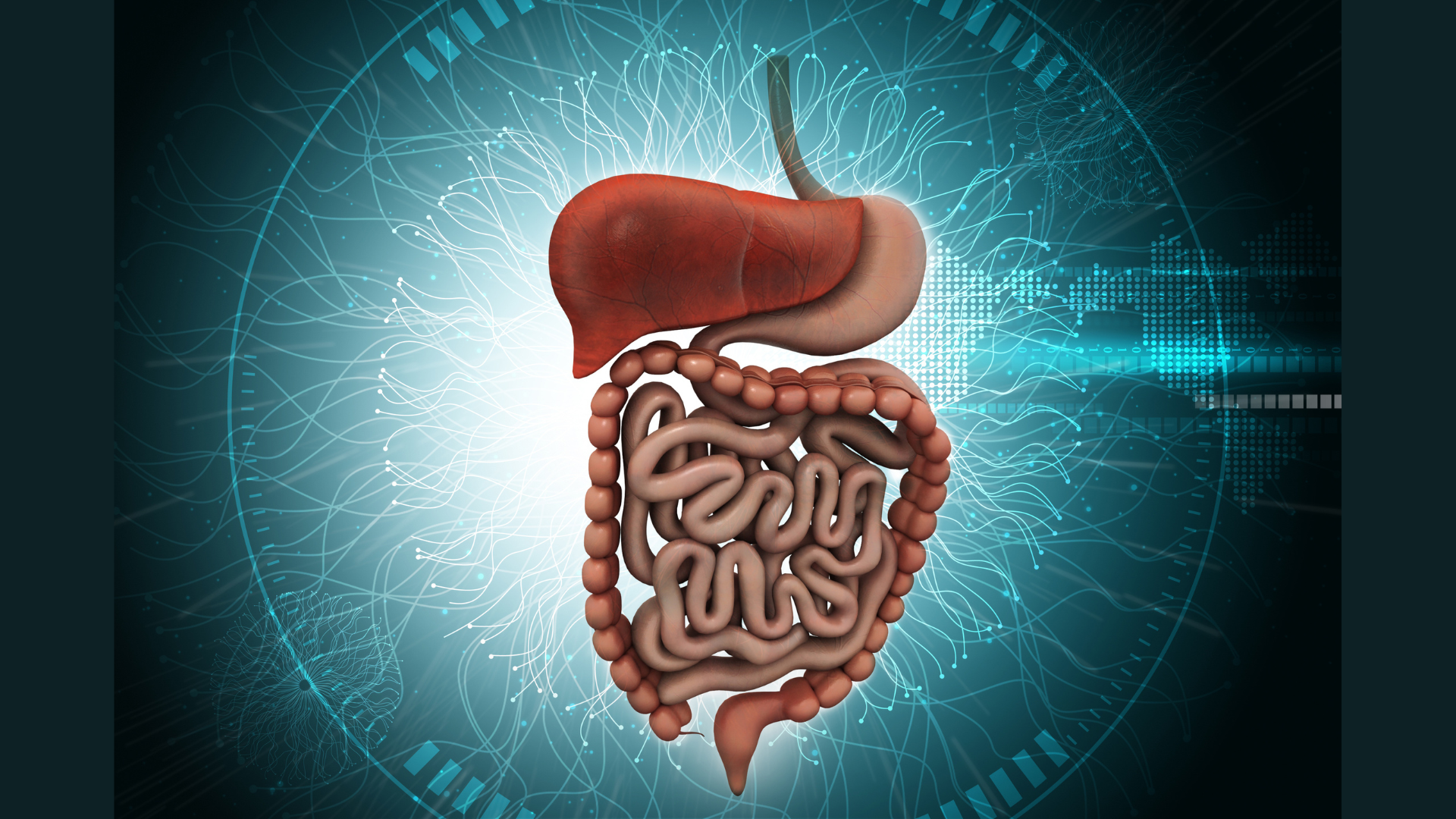Revitalize with a Body Cleanse Detox
Body Cleanse Detox - In today’s fast-paced world, stress and the metabolic and environmental toxins that go with it can accumulate in our bodies, leaving us feeling sluggish and out of balance. A body cleanse detox is the perfect way to reset and rejuvenate, helping to eliminate harmful impurities, boost energy levels, and restore vitality.
When you learn how to personalize your body cleanse detox, you can improve digestion, enhance your skin’s glow, or simply feel more energized with a fresh start your body deserves. Here's everything you need to know to kickstart your detox journey!
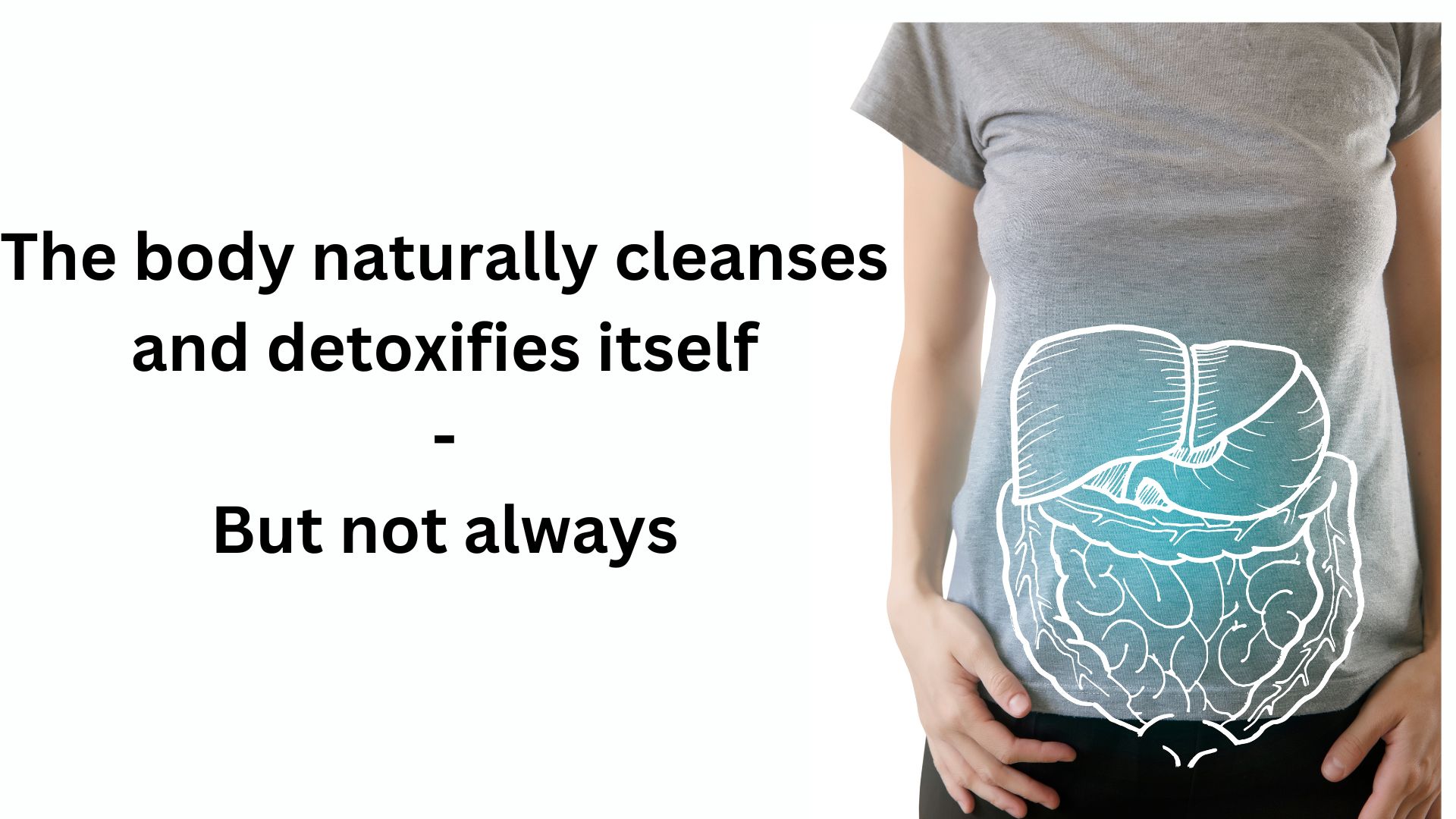
What is a Body Cleanse Detoxification?
Detoxification, or "detox," refers to the process by which the body eliminates harmful substances. These toxins can come from various sources, including environmental pollutants, unhealthy foods, alcohol, and metabolic byproducts.
While the body has natural detoxification mechanisms in place, such as the liver, kidneys, and digestive system, some individuals choose to engage in specific practices or programs designed to assist this process. These programs typically involve dietary changes, fasting, or the use of supplements to enhance the body’s natural ability to eliminate toxins.
Natural body cleanse detoxification processes, as opposed to the use of harsh chemicals or artificial products, focus on supporting and enhancing the body’s intrinsic functions without imposing stress or disruption to its natural balance. The goal is to provide the body with the nutrients and conditions necessary to function at its best while avoiding substances that may cause harm.
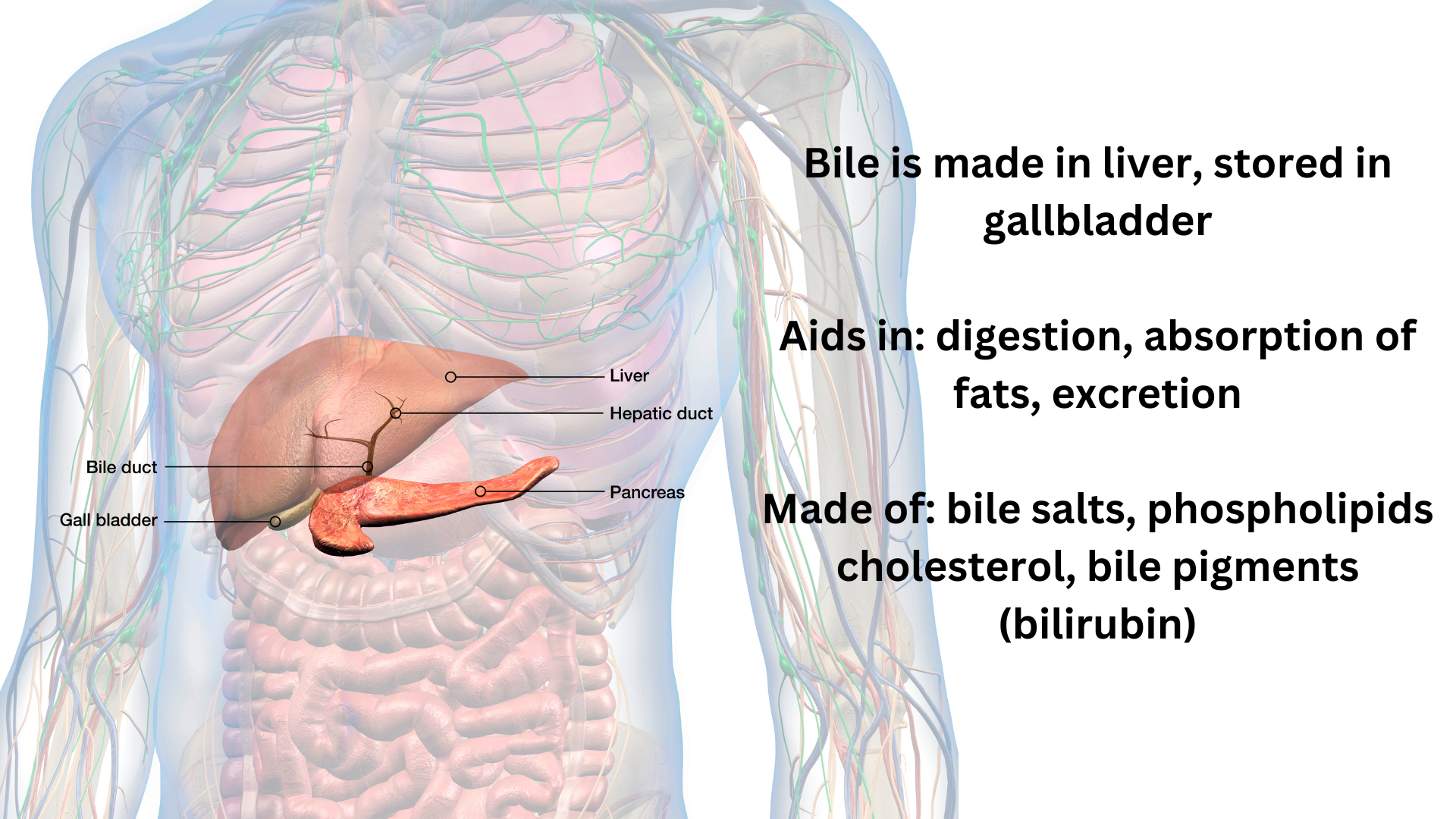
The Science
1. The Liver: The Body’s Primary Detox Organ
The liver plays a central role in the body’s detoxification process. It filters the blood, removing toxins, waste products, and excess substances. Once toxins are identified, the liver works to neutralize or modify them, making them easier for the body to eliminate through the digestive tract or kidneys.
The liver performs detoxification in two phases:
- Phase I (Oxidation): In this phase, the liver enzymes (particularly cytochrome P450 enzymes) break down toxins into less harmful compounds. This process often results in the production of free radicals, which are highly reactive molecules that can damage cells if not neutralized.
- Phase II (Conjugation): In this phase, the liver attaches molecules like glutathione, sulfur, or amino acids to the broken-down toxins, making them more water-soluble. This step ensures that the toxins are ready for excretion via urine or bile.
Support for the liver is essential for maintaining optimal detoxification processes. A balanced diet rich in antioxidants, vitamins, and minerals, particularly those that support liver enzymes (such as vitamins A, C, and E), can enhance the liver’s detoxification capacity.
2. The Kidneys: Filtration and Excretion
The kidneys are responsible for filtering the blood and removing excess waste products and toxins through urine. They regulate the body’s fluid balance and electrolyte levels, ensuring that harmful substances are flushed from the system efficiently.
The kidneys use a process called glomerular filtration to filter blood. Waste products, along with excess water and electrolytes, are transferred to the renal tubules and eventually excreted as urine. Proper hydration is critical for kidney function, as adequate fluid intake helps facilitate the efficient removal of toxins.
3. The Digestive System: The Gut’s Role in Detoxification
The digestive system, particularly the intestines, also plays a crucial role in detoxification. The gut is home to a complex microbiome, which is composed of trillions of bacteria, fungi, and other microorganisms. These microbes assist in digesting food, breaking down toxins, and supporting the immune system.
A healthy gut microbiome is vital for detoxification because it helps neutralize harmful substances before they are absorbed into the bloodstream. Additionally, the gut lining acts as a barrier, preventing toxins and harmful microorganisms from entering the bloodstream.
Moreover, fiber-rich foods, such as fruits, vegetables, and whole grains, support the detox process by promoting regular bowel movements. This helps eliminate waste products and toxins that may have been processed by the liver.
4. The Skin: The Body’s Largest Organ of Elimination
The skin is often overlooked in discussions about detoxification, but it is a key organ in eliminating waste products. Sweat glands help regulate body temperature, but they also play a role in eliminating toxins such as heavy metals, bisphenol A (BPA), and other chemical substances.
Engaging in activities that promote sweating, such as exercise or saunas, can support the body’s natural detoxification processes by helping expel toxins through the skin.
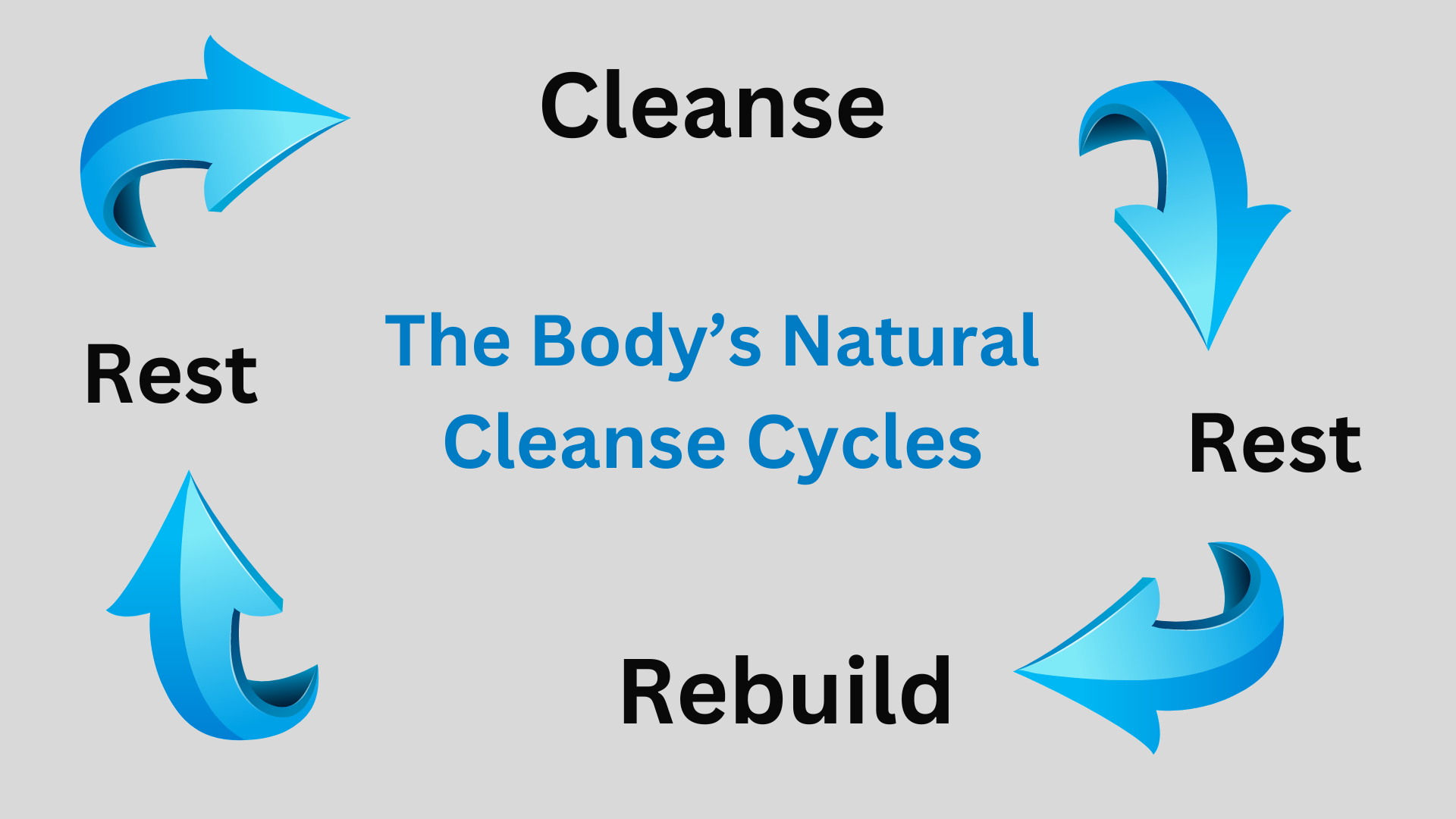
Natural Methods that Support Body Cleanse
Detoxification
While the body has built-in mechanisms for detoxification, certain lifestyle practices can help support and enhance these processes. Below are some natural methods to promote detoxification:
1. Hydration
Drinking plenty of water is one of the most fundamental aspects of a natural detox program. Water supports kidney function by flushing toxins from the body through urine. It also aids in the digestive process and helps keep the skin hydrated. Additionally, proper hydration helps the liver perform its detoxification functions more efficiently.
For optimal detoxification, it is recommended to drink at least eight 8-ounce glasses of water per day. Herbal teas such as dandelion root, ginger, or green tea can also provide antioxidant support and assist in detoxification.
2. Nutrient-Dense Diet
A nutrient-dense diet provides the body with essential vitamins, minerals, and antioxidants that are needed to support detoxification. Foods that are particularly beneficial for the detox process include:
- Leafy Greens: Kale, spinach, and other leafy greens are high in fiber and chlorophyll, which can help bind to toxins and promote their elimination.
- Cruciferous Vegetables: Broccoli, cauliflower, and Brussels sprouts contain compounds that support liver detoxification by enhancing phase II liver enzymes.
- Fruits and Vegetables: Berries, citrus fruits, carrots, and beets provide antioxidants that protect cells from free radical damage and support the liver’s ability to detoxify.
- Herbs and Spices: Turmeric, garlic, and ginger are known for their anti-inflammatory properties and can aid in detoxification by supporting liver function and improving digestion.
- Fiber-Rich Foods: Whole grains, legumes, and fruits and vegetables rich in fiber support regular bowel movements, which are essential for the elimination of toxins.
3. Exercise
Physical activity is another key factor in promoting detoxification. The ideal exercise to support a body cleanse detox increases circulation and stimulates the lymphatic system, which helps the body expel toxins. It also promotes sweating, which helps eliminate toxins through the skin.
Aerobic exercises, such as walking, running, or cycling, as well as stretching and yoga, can all contribute to the body’s detoxification process. Regular, mild to moderate exercise also supports healthy digestion and improves overall metabolic function.
4. Adequate Sleep
Sleep is essential for the body’s natural detoxification processes. During sleep, the brain undergoes a process called the glymphatic system activity, which removes waste products and toxins that have accumulated throughout the day. Chronic sleep deprivation can impair the body’s ability to detoxify and may contribute to the accumulation of harmful substances in the brain.
To support detoxification, it is recommended to get 7–9 hours of quality sleep each night.
5. Intermittent Fasting
Intermittent fasting has gained attention as a potential strategy for enhancing the body’s natural detox processes. During fasting periods, the body shifts from using glucose as its primary energy source to burning stored fat, a process called ketosis. This may help the body eliminate fat-soluble toxins that are stored in fat tissue.
Fasting also promotes autophagy, a cellular process where the body cleans out damaged cells and regenerates new ones. While more research is needed, intermittent fasting may be a helpful tool in supporting the body’s detoxification efforts.
Note that Intermittent Fasting will not work if your body is not ready for it. To get the full benefits that last, properly prepare so you get the most reward for your efforts and keep your body safe at the same time.
Conclusion
Detoxification is an essential function of the body, and it is supported by the liver, kidneys, digestive system, and skin. Natural body cleanse detox programs focus on enhancing these processes by providing the body with proper nutrition, hydration, exercise, and rest. Scientific evidence supports the idea that certain dietary and lifestyle practices can assist the body’s detoxification mechanisms and improve overall health. However, it is essential to approach detoxification in a balanced and sustainable manner, as extreme or unproven detox programs can be harmful. By adopting natural methods that support the body’s intrinsic detox processes, individuals can promote health, enhance well-being, and support long-term vitality.
Coaching?
If you are interested in personal coaching with me, Cindy, simply reach out through the Contact Form. My coaching services include the following:
- Detox and cleanse
- Nutrition
- Transformation
- Spiritual
- Life
- Confidence
In my experience, all of the above come into play as one embarks on a full body cleanse program. I have helped thousands of people get the most out of their cleanse while clearing out all areas of their lives, thus opening the door for new and exciting possibilities with a healthier future.


